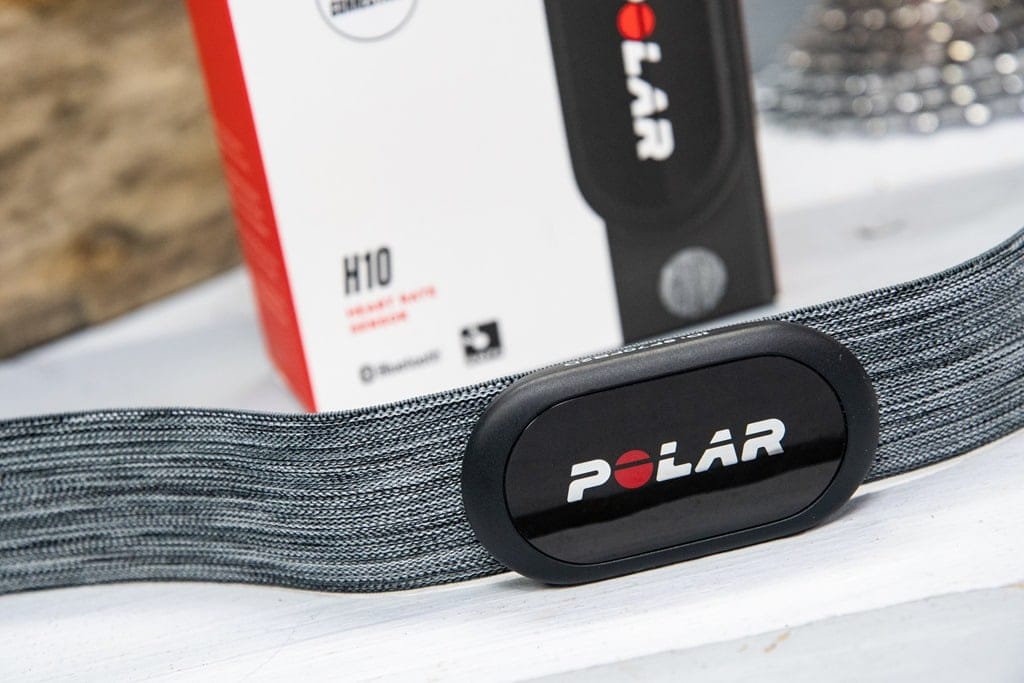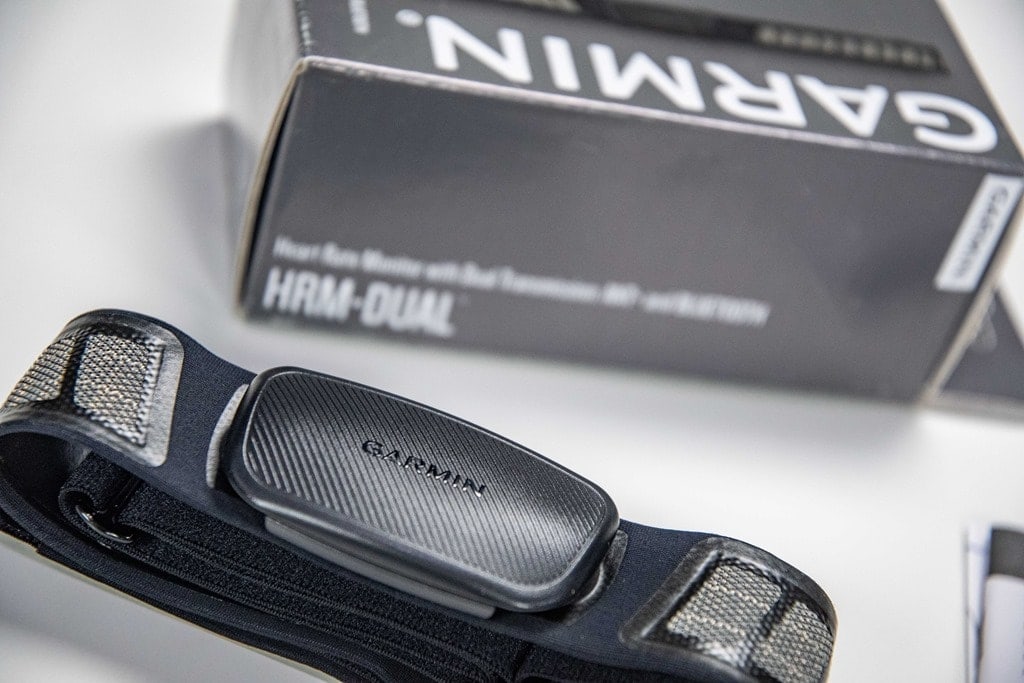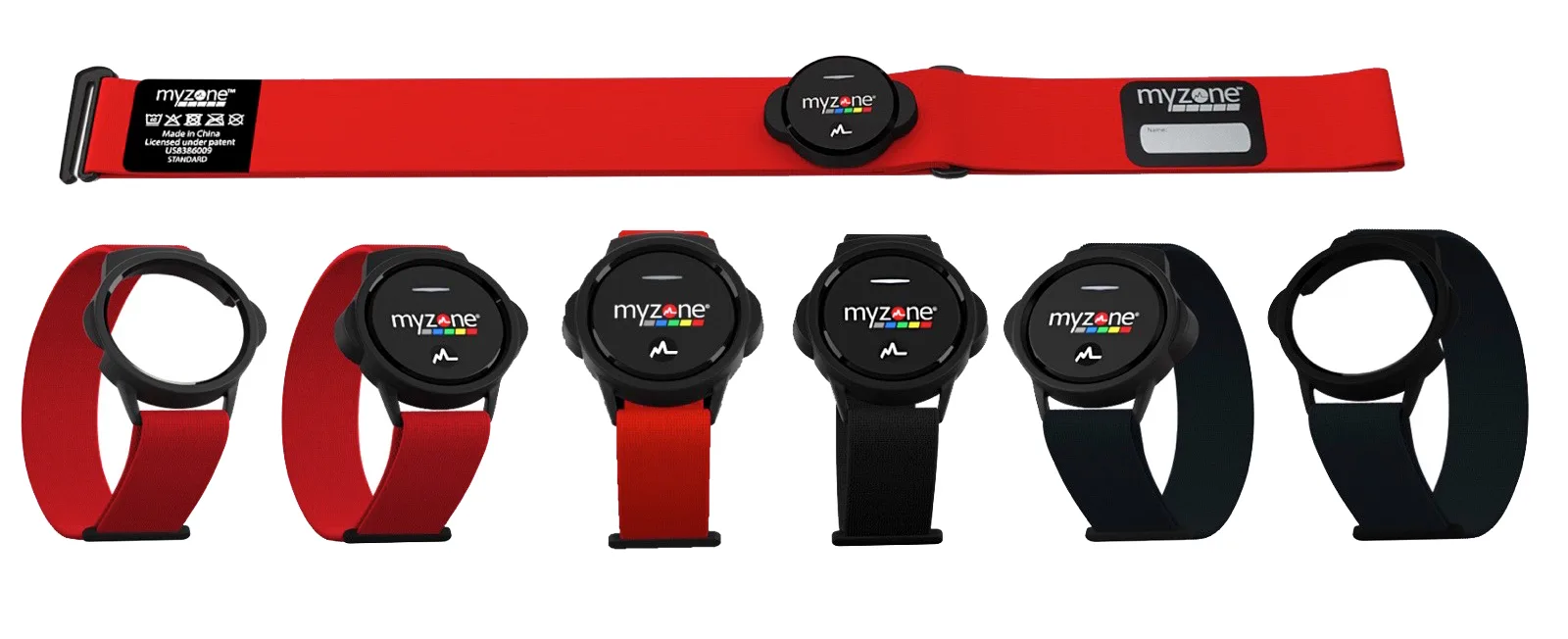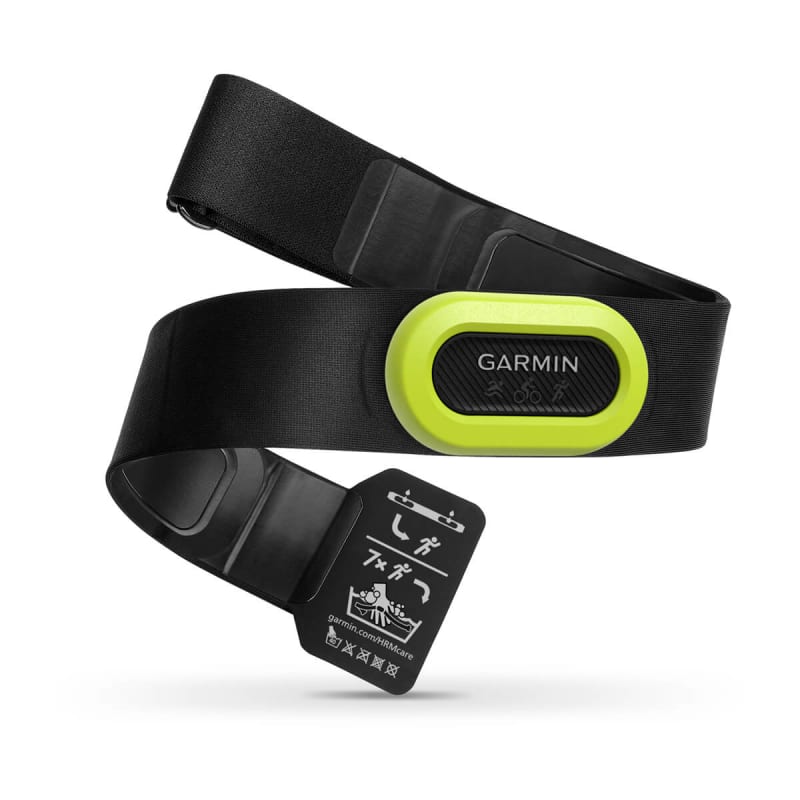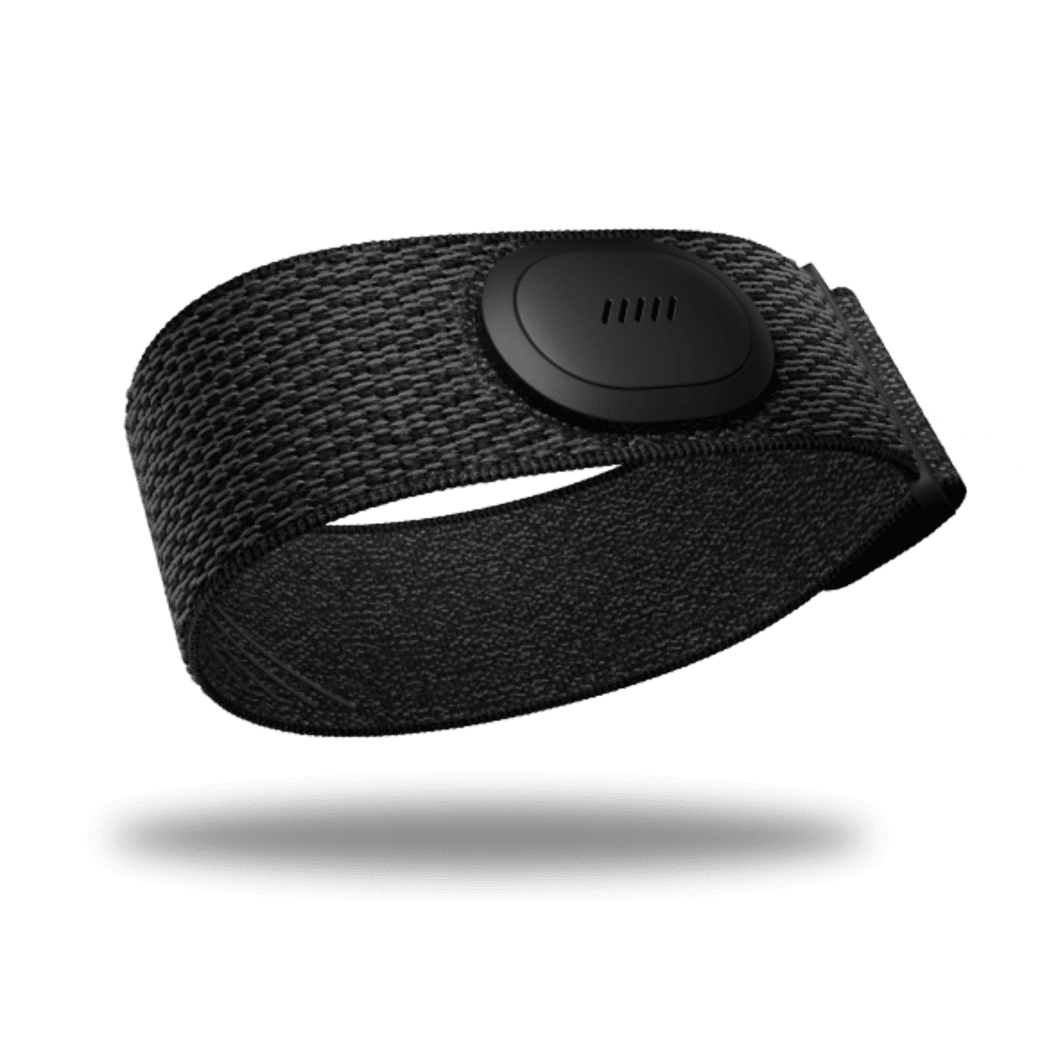Heart Rate Monitor – Top 7 Heart Rate Monitors For Your Exercise And Resting Period.
Table of Contents
Tracking your resting heart rate provides valuable information about your fitness level and cardiovascular health over a period of time. A lower resting heart rate signifies a higher level of fitness and improved cardiovascular well-being.
Additionally, using a heart rate monitor can measure heart rate variability, which refers to the variations in the time intervals between heartbeats. Monitoring heart rate variability is particularly useful for training, as a greater variability indicates that your body is more responsive to physical exertion.
Without realising it, you may already possess a heart rate monitor, as numerous fitness trackers and smartwatches now have this feature. While the technology in these devices has significantly advanced, a dedicated standalone heart rate monitor typically offers more precise results and a wider range of metrics for tracking your heart rate. Here are the best seven heart rate monitors.
Tip
When choosing a heart rate monitor, the key consideration is how you intend to use it. If swimming is part of your routine, a waterproof monitor is essential. Additionally, certain exercises, such as boxing and kettlebell workouts, may not be compatible with wrist heart rate monitors, so alternative options should be explored. When running, selecting a monitor that doesn’t interfere with your arm movements during the activity is important.

